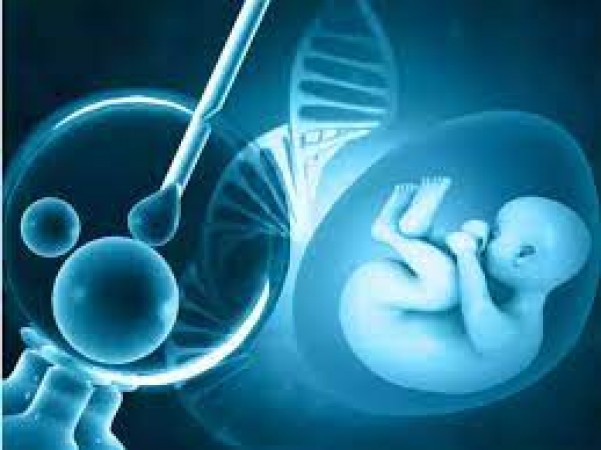
A concerning revelation has surfaced regarding the health of women in India, shedding light on a prevalent ailment impacting a staggering number of individuals. Recent data has indicated that over 4.3 crore women across the nation are grappling with a serious disease, posing not only immediate health risks but also potentially leading to long-term complications such as infertility. This alarming revelation serves as a poignant reminder of the pressing need for awareness, preventive measures, and accessible healthcare interventions to safeguard the well-being of women.
The sheer magnitude of over 4.3 crore affected women underscores the widespread nature of this health concern, highlighting its significant impact on public health in India.
This disease does not discriminate based on age, socio-economic status, or geographic location, affecting women from diverse backgrounds across the country.
Many women may be silently enduring the symptoms of this disease, unaware of its potential implications on their reproductive health and overall well-being.
While the specific disease remains unnamed in this context, its serious nature warrants immediate attention and proactive measures to address it effectively.
One of the most concerning aspects of this ailment is its association with an increased risk of infertility, posing profound challenges for women desiring to conceive and start a family.
Various factors, including lifestyle choices, genetic predispositions, environmental influences, and lack of awareness, may contribute to the onset and progression of this disease.
Early symptoms of the disease may manifest subtly, often leading to delays in diagnosis and intervention. These symptoms may include but are not limited to abdominal discomfort, irregular menstrual cycles, pelvic pain, and abnormal bleeding.
If left unchecked, the disease can progress and give rise to more severe complications, potentially impacting fertility, reproductive organs, and overall quality of life.
Timely detection of the disease is paramount in mitigating its adverse effects and preventing further complications. Regular health check-ups, screenings, and consultations with healthcare professionals can facilitate early diagnosis and intervention.
Adopting a healthy lifestyle, including balanced nutrition, regular exercise, stress management, and avoidance of harmful habits such as smoking and excessive alcohol consumption, can contribute significantly to overall well-being and disease prevention.
Ensuring access to affordable and quality healthcare services, including diagnostic facilities, treatment options, and supportive care, is essential in addressing the healthcare needs of affected women and promoting equitable health outcomes.
Efforts to raise awareness about the disease, its risk factors, symptoms, and preventive measures are crucial in empowering women to take charge of their health and seek timely medical assistance.
Establishing support networks, online forums, and community-based initiatives can provide much-needed guidance, emotional support, and resources for women navigating the challenges associated with the disease.
Advocacy efforts aimed at prioritizing women's health on public health agendas and implementing policy measures to improve access to healthcare services and research funding are imperative in addressing the underlying determinants of the disease. The revelation of over 4.3 crore Indian women being affected by a serious disease, with the potential to heighten the risk of infertility, underscores the urgency of collective action to address this pressing public health issue. By prioritizing awareness, early detection, access to healthcare, and supportive interventions, we can strive towards safeguarding the health and well-being of women across the nation.
Vitamin E: What to do if there is Vitamin E deficiency? Nutritionist gave list of 6 foods
Hypoglycemia: What is hypoglycemia? Nutritionist told its 9 important symptoms